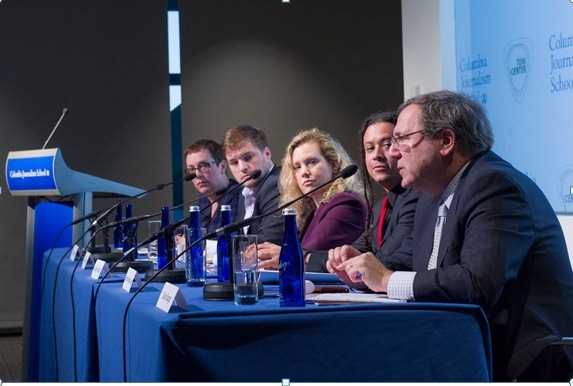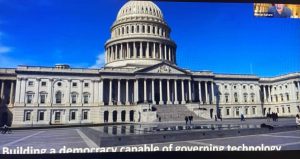The United States may be the leader in the news business in North and South America but traditional values of news gathering are fast eroding with the result that “we are moving back in to a system where there is more partisanship in news,” says Paul Starr, Professor of Sociology and Public Affairs at Princeton University.
Many people doubt what they read and hear in the news. In the United States, for example, a 2012 Gallup poll asked people “how much trust and confidence” they had in the accuracy, fairness, and completeness of the news reports of newspapers, TV, and radio. The answer from 6 out of 10 people was either “not very much” or “none at all.” Is such distrust justified?
Many journalists and the organizations they work for have expressed a commitment to producing accurate and informative reports. Yet, there is reason for concern.
After Snowden: Journalists Explore Protecting Secrets from Government Hackers
Ninety-percent of journalists believe their Internet Source Provider (ISP) would share their data with the NSA, and 64 percent believe the government already collected their communications data. With the Patriot Act targeting whistle blowers and convicting them, how can reporters keep sources safe? Zoe Gorman reports…

Checklist for Reporting Conflicts






